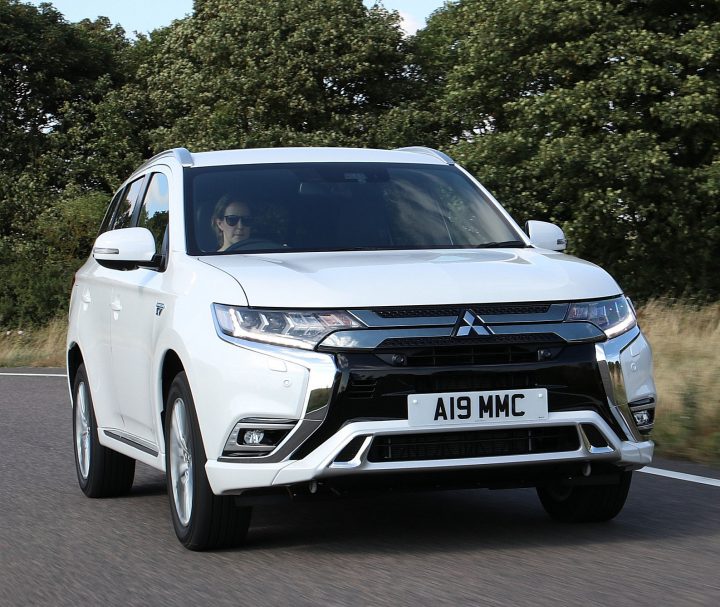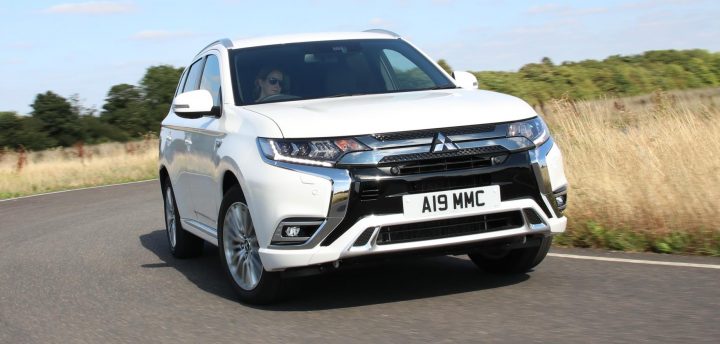
Larger employers are overwhelmingly leading the way with adoption of new fuel technologies, according to Arval.
When asked whether they had implemented hybrids, plug-in hybrids or electric vehicles on their fleet, an overall total of 34% fleet and mobility managers said yes.
However, there was huge disparity depending on the organisation’s size – 78% of businesses with more than 1,000 employees, compared to 46% by those with 100-999 employees, 22% of 10-99 employees and 5% with fewer than 10 employees.
In total, 25% of organisations are using or plan to use hybrids, 22% plug-in hybrids and 16% electric vehicles. Again, there are huge differences based on company size.
The findings come from the 2019 edition of Arval Mobility Observatory, which covers 3,930 fleets and asks a wide ranging set of questions about fleet and mobility trends.
The research also showed that the UK is among the leaders in adoption of alternative fuels among the 16 European countries covered by the study, trailing only the Netherlands, with France in third place, Switzerland in fourth and Belgium in fifth.
Shaun Sadlier, Head of Arval Mobility Observatory in the UK, said, “The fact that larger organisations are leading the way in the adoption of newer fuel options is unsurprising for a number of reasons.
“Many have corporate social responsibility targets to meet and a more structured approach to their fleet, so tend to incorporate new developments into their fleet policies as a matter of course in a methodical fashion.
Our view is that this is happening simply because these businesses have fewer resources available to take time to understand the advantages of EVs, for example.
“Bearing in mind that a substantial part of the company car parc is operated by fleets at the smaller end of the spectrum, it perhaps indicates that special efforts need to be made across the fleet sector to educate them about the benefits of these newer vehicles.”


